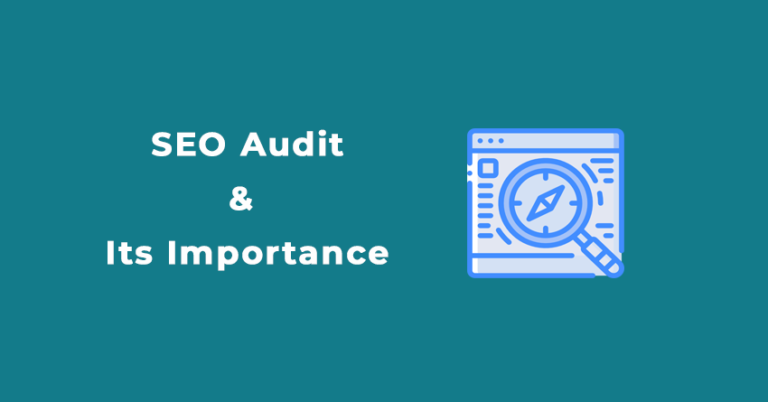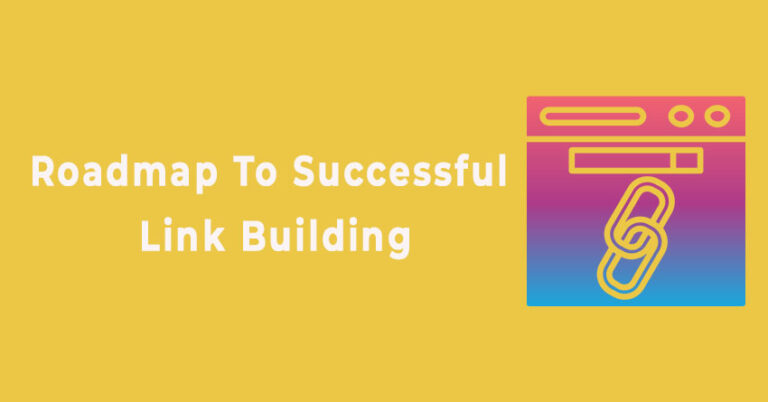Short Answer: to become an SEO expert it can take anywhere from 6 months to 18 months!
Long Answer: please keep reading below to understand how much time it can take to become an SEO expert or SEO guru :D
SEO is highly effective at generating not only visitor traffic but also leads and sales, which in turn provides a great ROI. In fact, according to more than 60% of B2B marketers, search engine optimization attracts more leads than just about any other marketing tactic.

And all of these become more valuable if you are an SEO expert with a solid strategy in place and understand how to generate positive results.
However, becoming an SEO expert is not as easy as it seems to be.
An “SEO expert” is basically anyone who knows how to increase the visibility of a website in search engines and aims to optimize web pages to improve their SERP rankings.
Thus, gaining expertise in SEO is not a one-day job. You need to undergo constant practice, get hands-on experience, and put in your time and effort to become an SEO expert and pursue it as a profession.
Owing to this very reason, we are going to tell you in brief how to become a seo expert:
Benefits of Becoming An SEO expert
What’s the benefit of learning something when you don’t even know how to make the best use of it?
So before knowing how many years it takes to become an SEO expert, let’s check out the benefits you can enjoy by becoming an SEO expert!
High Demand Skill
SEO is an incredibly quick-paced, in-demand specialty sector with a bright future. The 2022 market analysis states that the SEO industry’s current market value is worth $80 billion. In fact, small businesses are subsequently realizing the importance of SEO in their businesses and are implementing SEO strategies to stay competitive.

By learning these latest SEO strategies and techniques, an SEO expert can assist marketing teams in generating high traffic for their website. They can develop effective ad campaigns, bring in new customers, as well as keep up with the competition or even surpass them.
Less Dependency on SEO Agencies
As per an Ahrefs study, most SEO agencies, or companies in the US consider charging between $2,501 and $5K per month to assist companies in improving their search engine visibility.
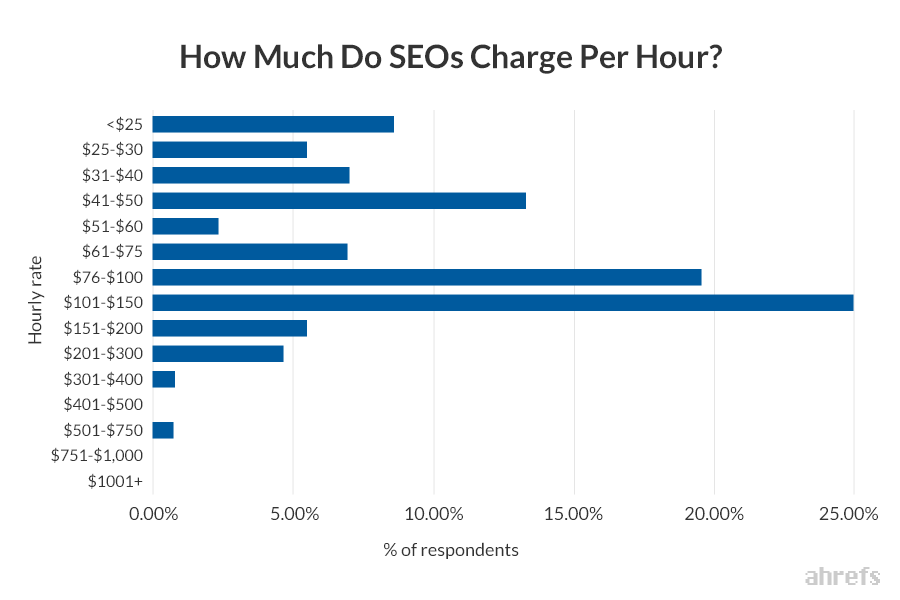
So if you want to drive organic traffic to your website rather than getting a contractor agency to manage your SEO, you can do it yourself by becoming an SEO expert, which will also save you a few bucks.
Reduces Excessive Costs
The most significant advantage of becoming an SEO expert is that you can improve the rankings of your website, boost your leads and customers, and reduce your regular advertising and marketing costs.
If you’re a solo entrepreneur or blogger, you will undoubtedly be able to save a large amount of cash if you manage your website SEO by yourself rather than having to rely on something or someone.
Skillset An SEO Expert Must Know
A majority of people jump directly looking for steps to how to become an SEO freelancer without even learning or developing the main skills required for becoming one.
Here, we have listed the skill set an individual should have or develop to become an SEO expert.
Proficient in Conducting Keyword Research
There is your audience. There is the language. There are the words that they use. ~ Eugene Schwartz
Keyword research is one of the top SEO skills. Identifying the right set of short and long-tail keywords is necessary to skyrocket your website’s rankings in the search engines for thousands of queries that people search for each month.
Being an SEO expert, it is your responsibility to prioritize choosing the keywords not only on the basis of their search volume and competition but also based on their relevance to the business. All of this requires an in-depth knowledge of search engine algorithms and search intent.
Moz’s Keyword Research – The Beginner’s Guide to SEO and Backlinko’s Keyword Research: The Definite Guide are a few of the industry’s popular resources to learn about keyword research in-depth.
Knowledge of Positioning Keywords
Keyword positioning in Google determines your ranking for a particular set of words. It’s essential as it helps you understand how you’re performing and also where you stand in search engine results for a particular search term, word, or phrase.
Remember, you’re competing against millions of websites that are trying to rank for the same or similar keywords you’re eyeing on. And only 0.78% of people click on the second page of Google search results.
So, how do you outdo your competitors is the real challenge? That’s where the role of an SEO expert comes into play.
An SEO expert knows how to strategically place keywords in subheadings, content, images, URLs, link anchor text, social media, meta descriptions, and page titles for the best results.
Intermediate Copywriting Skills
Copywriting is the process of writing content that is appealing to both search engines and online users. SEO experts should have strong copywriting skills.
As an SEO expert, you should be skilled enough to write engaging blogs and web pages that are optimized not just for search engines but also for your target audience.
To hone your copywriting skills, you can refer to Copywriting 101 by Copyblogger, which will teach you all the fundamentals of how to excel at copywriting.
Ability to Promote and Build Links to Key Pages
Link building is an essential component of SEO services since it assists search engines in discovering new pages of a website faster and determining which pages should rank higher in the SERPs. 85% of SEO professionals believe that link building has a major impact on their brand authority and brand building.
SEO experts know how to strike a perfect balance between creating a mix of internal and external links. They also understand the difference between a good link and a bad one.
To learn about best link-building practices, you can refer to Ahrefs, which includes tutorials, case studies, and industry knowledge regarding link-building tactics.
Knowledge of Technical SEO
Technical SEO is specially designed for Google to theoretically crawl, index, or process the efficiency of a webpage.
This skill is essential for an SEO expert since it guarantees that your website is simple to navigate and free of any technical errors that keep search engines from crawling and ranking it.
You can learn about technical SEO from Technical SEO Guides Hub from ContentKing or The Beginner’s Guide to Technical SEO from Patrick Stock (Ahrefs)
Basic Knowledge of HTML/CSS
It is essential to develop HTML and CSS skills to become an SEO expert because these are the scripting languages that search engine bots crawl. Although it is not required, it is recommended that you gain knowledge of the fundamentals of these languages.
You can find, at any certain point, that the website you are operating is undergoing HTML and CSS difficulties, thus impeding your estimated SEO results, and then, if you know the language well, you can quickly and effectively resolve this.
The best way to learn HTML/CSS is to understand its methodologies and features through demos, and CodePen’s yearly Top Pens are great for that.
Knowledge of Emerging SEO Trends and Updates of Google
As an SEO expert, you are required to constantly update your skills and knowledge to keep up with the latest SEO trends as they change on a daily basis, just like the algorithms do. Most experts state that Google changes its search algorithm around 500 to 600 times each year.
A sudden drop or increase in your website rankings is most likely an indication that Google has just rolled out an update. Thus, having knowledge of emerging trends and Google updates will assist you in revising your marketing and SEO strategies in response to current events and popular trends.
Key Steps To Becoming An SEO Expert
Now that you have learned all the benefits of an SEO expert as well as the necessary skills required to become one let us discuss how to become a good SEO expert if you are a complete SEO novice in this field.
1. Understand The Basics of SEO
The first step to becoming an SEO expert is to master the basics of SEO.
You need to understand how users and search engines interact and engage, as well as what you need to do to optimize your content for search engines successfully.
The ins and outs of how search engines actually work include these three processes:
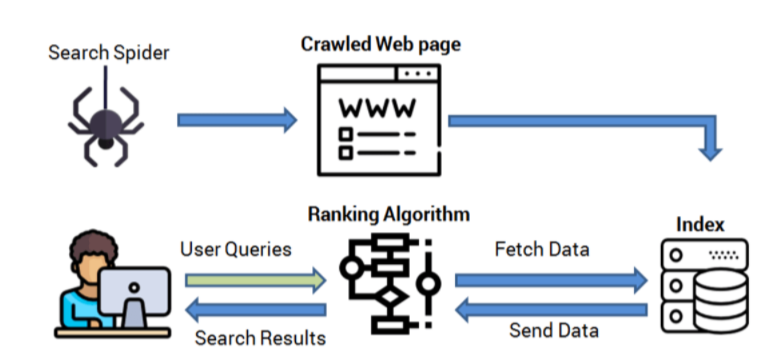
Crawling: Whenever a new page is published on the internet, search engines send out their team of robots or crawlers to find newly updated content.
Indexing: Once search engines crawl a page, they add it to their search index, which is a database of all the content they have discovered. You will not be surprised to know that Google has more than 130 trillion pages in its index.
Ranking: Now, whenever a search is performed, search engines determine which web pages to display and in what order in the SERP results for a provided search query. For this, Google uses 200+ ranking factors in their algorithm.
Among all the ranking factors, the most important comprises the following:
Search Intent: To get people to your website, you need to optimize your website’s content for the right words that people are searching for.
For instance, let’s say someone searches for ‘tomato sauce. This implies that they are looking for something like tomato sauce recipes and not for the history of how tomato sauce came into existence.

Thus, Google ranks content that best fits the search query someone has made, as well as the search intent behind that specific query.
Authority: Authority is where Google tests the content of your website.
One of the popular ways of determining the authority of a webpage is to check how many effective and high-quality links are pointing to that page.
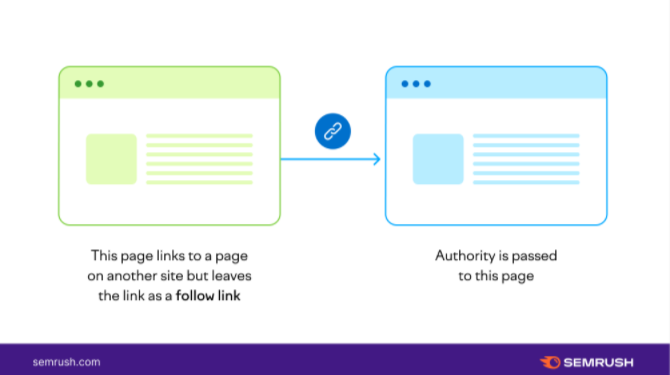
The greater the number of quality links pointing to a page, the greater is its authority in the eyes of Google.
User Experience: With the arrival of Rankbrain in 2015, Google has made it clear that after content and links, the third most useful ranking factor is User Experience.
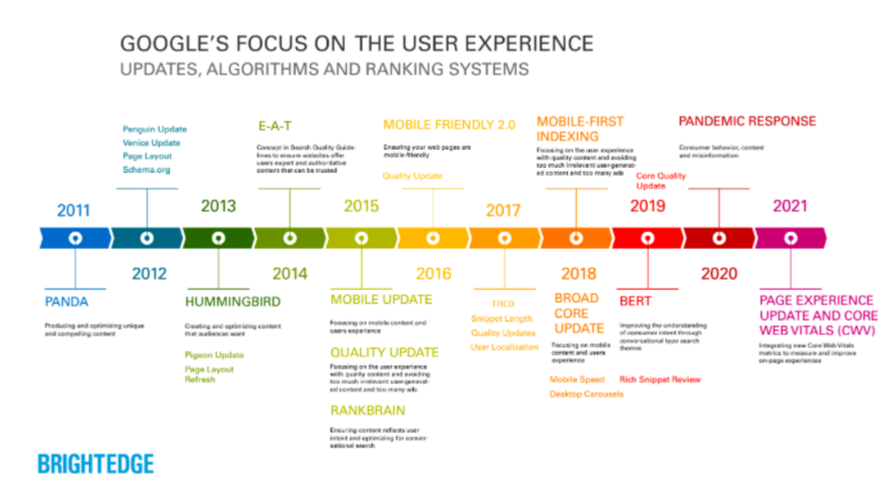
By doing good SEO, we get good positions in search engines, attracting a large number of visitors to our website. And with the good UX, users will get a good experience on our site, making them want to stay longer on our site.
2. Mastering The 5 Keys of SEO
Master these most important elements of an SEO strategy that will benefit you largely throughout your journey of becoming an SEO expert:
- Researching the Right Keywords
Because 0.16% of the most popular keywords are responsible for 60.67% of all searches, keyword research is incredibly important for any SEO project, and it requires its own share of time.
When finalizing your keywords, look for their popularity, search volume, and general intent to answer the most asked questions by your target audience.
Once you find the best combination of keywords to use in your content, you can easily rank higher in the search engines and attract more traffic to your website.
- Content Optimization
No doubt, ‘Content is the king’.
Ever since the word SEO came into practice, ‘Quality Content has been its cornerstone’.
However, publishing only quality content won’t help. You need to optimize your content to ace your SEO results properly.
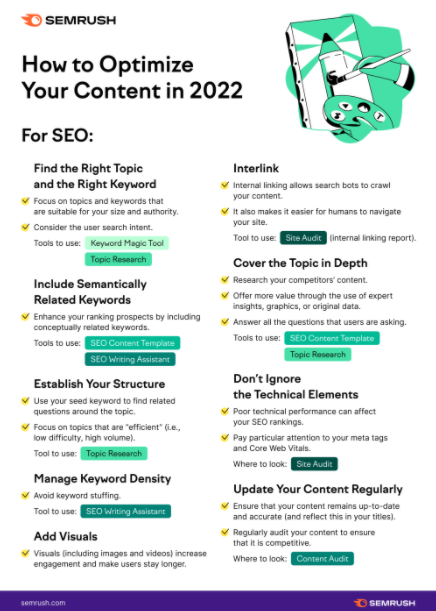
If you don’t optimize your content, no matter how good your content is, there will always be a roadblock between what you intended and what Google delivered to the end-user.
- Link Building
Backlinks are a crucial part of SEO, and yet 95% of all online pages have no backlinks pointing to their site.
The actual job of a backlink is to say to Google- “Hey this content is useful and trustworthy for the users and that’s why other websites are sending their users to this page”.
However, the art of link building is not that easy. It doesn’t work like- the more links you build, the higher you rank.
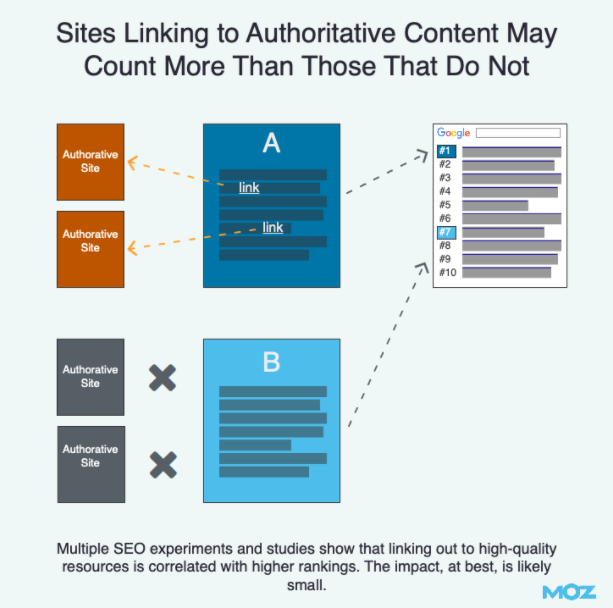
It is important to determine the quality of the website your backlink is posted on and the topical relevance between both websites. For example, a link from Forbes would be more useful for your site in comparison to a link obtained from a newly built website.
- Technical Optimization
Technical SEO is among the most underappreciated aspects of SEO that help to improve a website’s technical elements in an attempt to optimize its ranking in SERPs.
Technical optimization includes page experience, page load time, URL structure, sitemaps, site speed, schema, site navigation etc.
Even when you have the best content out there and highly authoritative links pointing to it, if there are technical deficiencies in it, you won’t be able to make it to the top of SERPs.
- Content Marketing
With lots of content already out there and the speed with which new content pieces are created, it has become extremely challenging to stand out in content marketing.
Investing in content marketing not only helps with increased rankings and search engine visibility but also reduces gaps in the sales funnel, boosts your business reach among larger audiences, and builds your business reputation among those who visit your website.
Due to this, without content marketing, no SEO expert would be able to create a unified SEO strategy that helps you outgrow your competitors, both in terms of rankings and amazing content.
3. Put SEO into Practice
You can watch endless youtube videos or read hundreds of SEO blogs, but none would work if you do not bring your knowledge into practice.
To be really successful in SEO, you have to practice SEO. And when it comes to practicing SEO, you can do the following:
- Create your own website and work on it:
The best way to implement SEO is to create your own website and start applying everything you have learned so far.
Even the biggest industry leaders have started their SEO journey by building sites and experimenting with different things.
There are ample advantages to working on your own website. You will not be afraid of doing anything that might go wrong, or you will not have to ask anyone about every little change you make.
You want to try with a different piece of content. Try it.
You want to experiment with various HTML tags. Do it.
You want to change the website theme/design. Change it.
You can do whatever you want when it’s your own website, and the more mistakes you make in your early years, the greater the experience you will gain later on.
- Take on some freelance client’s projects:
With the ever-increasing popularity of internet marketing, it is a no-brainer to get freelance client projects for SEO.
Using different job portals, freelancing websites, cold outreach, and referrals, you can get an endless number of SEO projects based on your expertise and skill set.
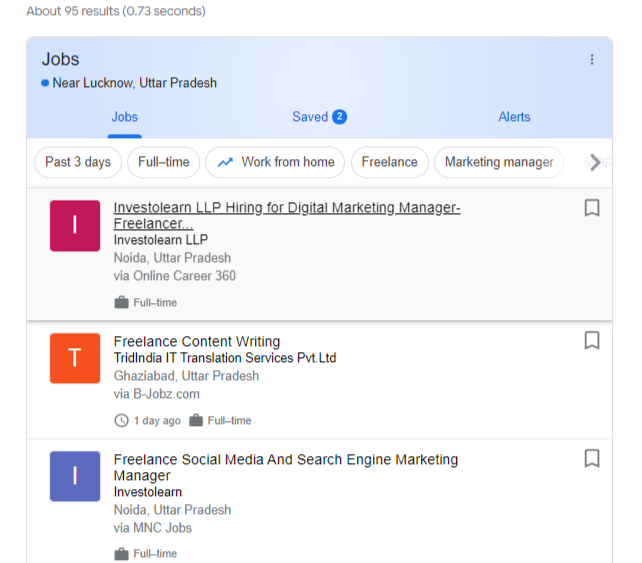
It might sound overwhelming if you’re a beginner, but trust me, if you put in the right efforts, you can definitely secure many SEO clients’ projects to work on.
4. Test and Learn
As said before, SEO is not an exact science. It takes a lot of trials and errors to master SEO. The point is to keep testing and keep learning.
You can run an A/B analysis or examine two versions of a website to find out which displays the more preferable performance by looking at clicks, impressions, positions, click-through rate, and the number of queries you ranked for.
Here’s how you can do SEO testing:
- Find out what works and scale it up:
It can be risky to implement changes across all your sites, especially when you don’t know how these changes will impact your rankings.
Thus, you can test your SEO approach by making changes to a single piece of content or a single page and track those results.
If it works positively for you, then nothing is stopping you from applying these changes to your whole site.
- Identify Opportunities:
If you’re new to the SEO world, then listening to the big brand’s voice is one of the best things you can do to scale your efforts.
Observe their SEO practices and replicate the same on your website to get desired results.
This way, you can save your site from huge blunders and get confidence in your skills and learnings.
- Take Decisions based on data, not on opinions.
The world of SEO consultants offers a diverse range of opinions regarding what one should do on their website or not. Some advice is based on actual experiences, while others are just a statement to make.
However, not all this advice will give you fruitful results, and some might affect your website significantly.
Therefore, running tests and experiments based on data allows you to track what actually matters to your website.
5. Start Implementing Advanced SEO Techniques
It’s time to take your hard work to the next level by mastering these advanced SEO skills:
- Google Analytics:
Understanding Google Analytics is important for SEO.
The tool gives you insight into the number of website visitors, page views on your website, keywords bringing traffic to your site, individual time spent on your site, and when an individual left your website.
Basically, the tool helps you analyze the user’s experience after they visit your website and also suggests necessary modifications you can make to enhance your website’s rankings in search engines.
- SEO Audit:
Every marketer strives to do SEO with utmost perfection by taking care of content, design, graphics, or even user experience.
However, it’s normal for people to make mistakes while doing SEO, and that’s where SEO Audit comes to your rescue.
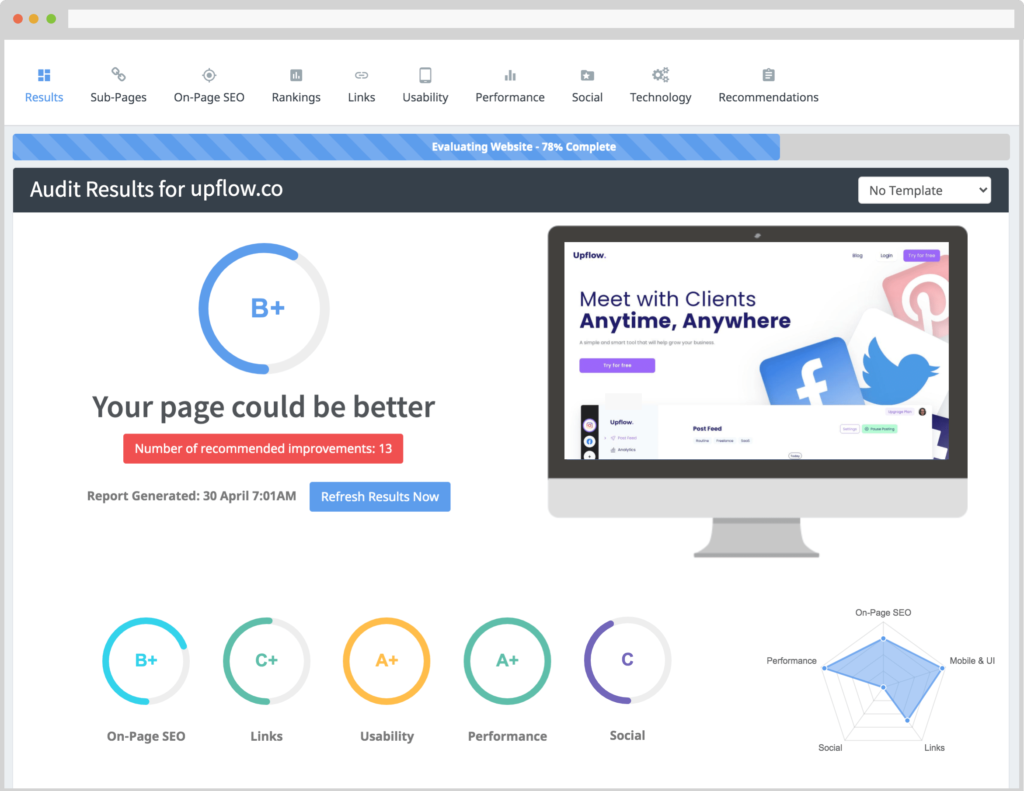
An SEO audit evaluates the technical, on-page, and off-page elements of your website to optimize its rankings in the search engines.
SEO audit’s goal is to identify as many fundamental problems as possible that affect a website’s organic searchability.
You can consider using SEMrush Site Audit or Ahrefs Site Audit Tool to keep your SEO strategy up to date.
- Mobile Optimization:
With Google now operating with a mobile-first index, mobile SEO is no longer optional. The numbers also prove it- Mobile accounts for 58% of all Google searches.
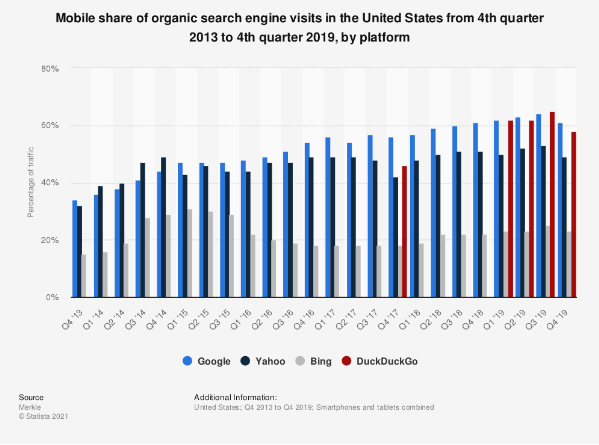
So, to have a website that loads quickly is actually fantastic for the users who are searching on the go. Having a mobile-friendly design, content optimized for voice search, and lighting fast site speed are some of the crucial factors to making your site ready for mobile visitors.
To check the mobile-friendliness of your website, you can run the mobile-friendly test from Google Search Console.
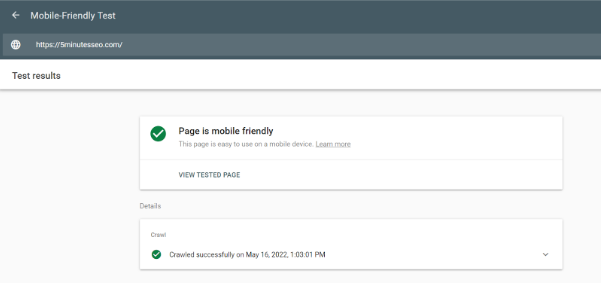
6. Stay Updated With Ongoing Trends, News
SEO is a dynamic process. Whenever you think you know it all, Google changes its algorithm, and what worked before doesn’t work now.
All this might be stressful for you, but Google does it for a good reason and, i.e., to enhance the user search experience and provide them with more optimized results for their queries.
Therefore, it is crucial for SEO professionals to stay up to date with the latest SEO trends and news by:
- Subscribe to popular SEO Blogs and Newsletters:
Register for Google’s leading SEO blogs and email newsletters. This is where you can discover major official updates to the Google Search Core algorithm and notices regarding new advanced SEO functions and articles on SEO best practices.
Some blogs and newsletters you should be subscribing to are Search Engine Journal, Moz, Ahrefs, Yoast, and Backlinko.
- Follow Thought-Leaders on Social Media:
Check out the advice of SEO experts by following their social media pages and keeping an eye out for the detailed, helpful tips and tricks they talk about.
Instagram, Linkedin, and Twitter will give you tons of free knowledge, courses, and advice from professionals who have built their careers in SEO and share their experiences on social media.
- Attend SEO Webinars or watch Youtube Videos:
Attend SEO webinars or watch youtube videos to keep yourself up to date with present-day digital marketing tactics and to learn more advanced tools which evolve from time to time with more technological advancements.
So let’s end everything here!
As said before, to become an SEO expert, you need time, dedication, and experience.
The primary thing you should focus on is gaining proper knowledge of all the advanced and highly effective SEO theories and ideas.
Thus, becoming an SEO expert can take anywhere from 6 months to 18 months!



